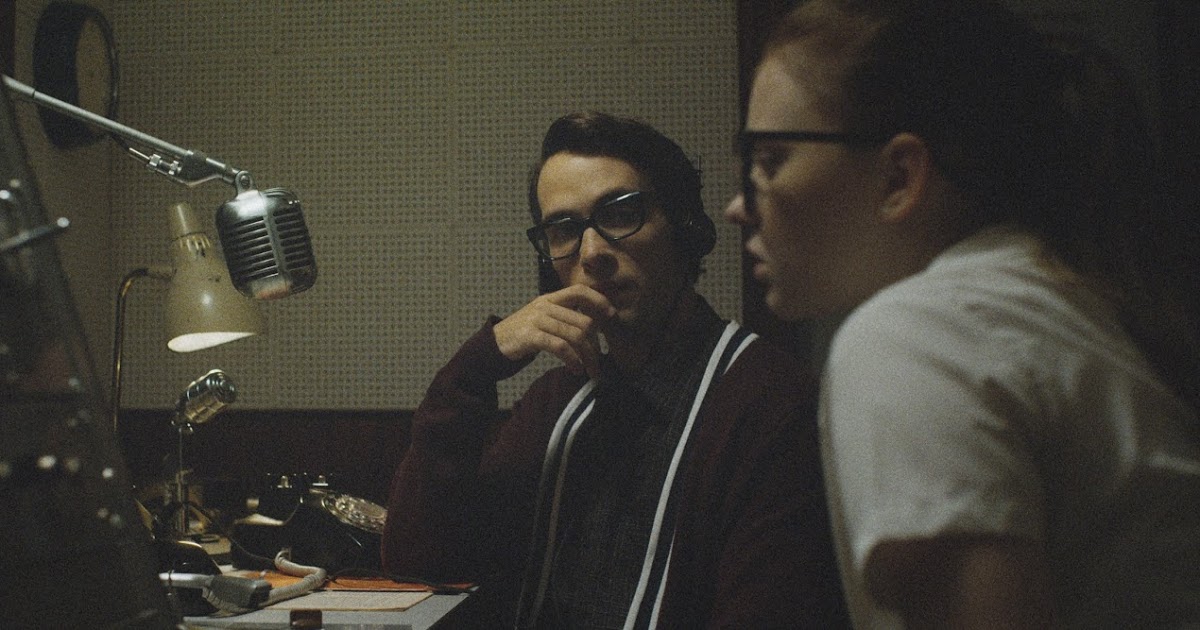Lucky Grandma
by Hope Madden
It’s hard to watch Lucky Grandma without giving at least a passing thought to Lulu Wang’s 2019 gem The Farewell. This story could not be more different, honestly, but at the heart of both movies is the undeniable force of a nai nai.
In writer/director Sasie Sealy’s tale, Tsai Chin portrays Nai Nai Wong as a dead-eyed hoot. Cigarette dangling, disgusted expression, Nai Nai doesn’t play. Her dismissive stare is priceless. Her confrontational giggle even better.
One routine trip to see her fortune teller/doctor/friend (Yan Xi) convinces her that her luck is changing. She boards a bus, hits a casino and lets it roll.
But luck is not always what you hoped for and the next thing Nai Nai knows, some homely gangsters are after her.
What makes this film the savvy, funny adventure it is results from Sealy’s manipulation of the familiar. The basic story follows many an Underdog Runs Afoul of the Mob stories (Hard 8, Jackie Brown, Millions, True Romance, etc.)
The difference here, obviously, is the underdog.
Like the movie on the whole, the elderly and beloved old grandmother at the center of this mess is simultaneously familiar and alien. Her aches, pains, poverty and the clear patterns of her behaviors suggest something authentic and recognizable. She’s just not a movie grandma—not like any in the movies we’re used to. Her will is as strong as steel, whether her body keeps up or not.
Sealy’s careful not to mock Nai Nai Wong (a good thing, as she would clearly kick a person’s ass). But Chin makes certain this character is not only formidable, but hilarious.
She’s aided by her odd couple sidekick Big Pong (Hsiao-Yuan Ha), a gentle giant of a bodyguard hired in the savviest, old-ladiest of ways. (You know who can spot a bargain? Grandma can.)
Michael Tow also lends a fascinating, unseemly quality to his scenes as creepy gangster henchman Little Handsome.
The emotional grounding for the film never feels forced, which allows the Lucky Grandma to run its course without the predictable sentimentality that crushes most “look how funny this old person is” films. It’s there—the weighty pull of family over self-reliance, of dependence over loneliness—but, like everything else in the film, it respects the character Chin has so meticulously developed.












